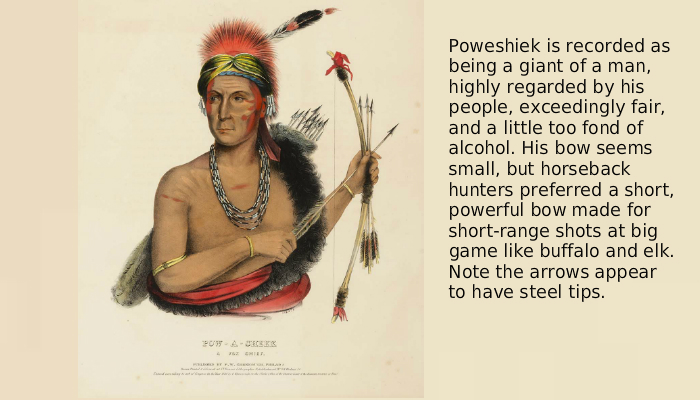A Local Land Ethic
Well, another Columbus Day has come and gone. Each passing year brings more attempts to recognize that in 1492 our continent was already inhabited by millions of people who had their own lives, cultures, communities, religions, problems, and opportunities. This year in California, it was official Native American Day.
Occasionally Hollywood produces a flick, which is empathetic/sympathetic/romantic toward the original natives and their fit into their ecosystems. If you are headed into middle age, or older, you perhaps remember “Dances with Wolves;” if headed toward retirement, or older, you may recall “A Man Called Horse.” And if you are deep into retirement, there was a mostly forgettable one called “Home” in 1972. The memorable aspect of “Home” was that the theaters had advertising boards on the sidewalks and in the lobbies featuring a lengthy, eloquent speech of Chief Seattle, in 1854, to the governor of Washington state.
And the Chief’s speech caught on, coming to represent the land ethic of the young environmental movement. It was assigned in classrooms, printed in church newsletters, read around campfires, posted on bulletin boards, and read as an oration on NPR, and there was even an attempt by Dave Brubeck to set it to music.
What I didn’t understand was how, if the Chief spoke no English, and the Governor and his aides spoke no Suquamish, and nobody wrote any of it down for about thirty years, where did the eloquent version in English come from? We had our own connectivity and networking back then, and in 1975, after less than six telephone calls, I had Ted Perry, the actual author, on the line.
Ted had written the speech for the movie and was bummed that the producer had tried to make it appear more authentic by listing the Chief in the credits. And where did Mr. Perry get his version from?
Perry told me that many chiefs attained their position by being a great warrior. But they only held their posts long term if they were also eloquent statesmen and good negotiators. And when forced to concede to the superior firepower of White Men, more than one chief had been cornered into a speech trying to let both his own people and the enemy know the difficulty of the concession, which invariably involved giving up the land they loved.
So I checked our local history, and what I found was that Chief Poweshiek’s tribe had been pushed westward out of Illinois into eastern Iowa by the advancing White Wave. On July 4, 1838, the White settlers were celebrating their independence day at John Gilbert’s trading place, located on the south edge of the future Iowa City. Poweshiek’s band was camped a few miles upstream, probably in today’s Coralville, and the White celebrants invited him to come and give a speech. He did so, fully aware of the irony that White independence was coming at the expense of Red. His words, recorded in the Palimpsest (Vol. VIII, Num. 9):
“Soon I shall go to a new home and you will plant corn where my dead sleep. Our towns, the paths we have made, and the flowers we love will soon be yours. I have moved many times and have seen the white man put his feet in the tracks of the Indian and make the earth into fields and gardens. I know that I must go away and you will be so glad when I am gone that you will forget that the meat and the lodge-fire of the Indian have been forever free to the stranger, and at all times he has asked for what he has fought for, the right to be free.”
On some quiet moment, take the time to compare Poweshiek’s speech to Ted Perry’s re-creation of Chief Seattle’s, which I provide as a link: Chief Seattle’s Speech. I think you will agree that the messages are pretty much interchangeable.
And speaking of interchangeable, the Perry/Seattle land ethic has become so popular that there are now many dozens of versions out there, which others have reshaped to be more patriotic, more religious, more liberal, more conservative, more survivalist, more… This version I offer you as today’s link has been in my files for about thirty years, and should be either Perry’s original or quite close to it.



